Atlanta Shuls Spur Votes for World Zionist Congress
The World Zionist Congress preliminary votes came in after a seven-week-long election process.
As suspected, the seven-week election for the World Zionist Congress reaped more than 120,000 votes. According to the organization, which released preliminary results starting March 20 that’s over double the turnout of the last election in 2015 and the highest number of votes since the election began for the entire American Jewish community 30 years ago.
Some of the increased turnout may be due to the get-out-and-vote efforts by Atlanta rabbis who were listed on the various slates competing for the votes.
Although the slate representing the Reform movement captured the largest number of votes at 31,500, the combined progressive slates lost some ground. That was at least partly due to a new rigid Orthodox party, which came in third. Eretz Hakodesh, Hebrew for The Holy Land, won 20,023 votes on an anti-Reform movement platform.
Another big winner was MERCAZ USA, representing the Conservative movement, which captured 14,666, up from 9,850 in the last election.
Here’s how the rest of the slate fared:
Orthodox Israel Coalition-Mizrachi won 21,698,
ZOA Coalition, 10,313,
American Forum for Israel, 8,132,
Hatikvah, 7,932,
Shas Olami, 2,046,
Dorshei Torah V’Tziyon, 1,373,
Herut Zionists, 1,157,
Vision, 1,036,
Americans4Israel, 857,
Israel Shelanu, 769,
Ohavei Zion, 375.
As part of his campaign to encourage his congregants of Etz Chaim to vote, Rabbi Daniel Dorsch told them, “I would take any congregant who votes out for a drink.” Dorsch was on the Mercaz slate, although he said his name was far down on the list and he didn’t expect to be voted in. As vice president of Mercaz-USA, the Zionist arm of the Conservative Movement, Dorsch said he was first recruited to run in the World Zionist Congress election when he was still in rabbinical school. And he attended the Congress in Jerusalem in 2010.
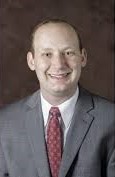
Temple Sinai had a “whole organized effort” to get out the vote for the Reform slate, which garnered the largest number of votes, said Rabbi Ron Segal. He was on the slate this year for the first time by virtue of his being president of the Central Conference of American Rabbis. “We had videos at every single program and trained staff to help congregants vote. Then we invited people to let us know when they had voted,” Segal said. “We promoted it every way possible.”
The Atlanta Jewish community was represented in the election by about two dozen rabbis and lay leaders on the various lists, including representatives of the Reform, Conservative, Orthodox, Herut Zionists and Progressive Israel slate.
They were among the more than 1,500 candidates competing on 15 different slates for the 152 seats held by those in the United States. The rest of the Congress’ 500 elected delegates come from Israel and other communities in the Jewish diaspora. Those candidates voted in will meet in Jerusalem in October to vote on various allocation resolutions and to choose members of the Zionist Council.
While the Congress meets only every five years, the Council meets at least once a
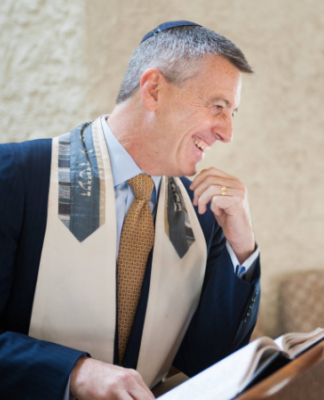
year. It is the Council that governs the World Zionist Organization, serves as the general assembly for the Jewish National Fund and holds half of the seats on both the Jewish Agency for Israel’s board of governors and the board of Keren Hayesod. Those four organizations have a combined budget of more than $1 billion a year.
“The World Zionist Congress is the historic body that began 120 years ago with [Zionist founder Theodor] Herzl,” said Herbert Block, executive director of the
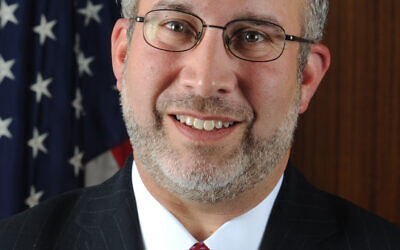
American Zionist Movement who spoke to the AJT from his self-quarantine in White Plains, N.Y. He explained that members of the Congress and Council help set the agenda and general platform for several Zionist organizations.
“People push for different things, such as regarding religious practice and issues in which they want to have a say,” he said. “It’s an opportunity for American Jews to have a voice in what goes on in these quasi-governmental institutions. And it shows that Zionism is not just a movement that ended with the establishment of the State of Israel.”
Block said the initial number of votes cast – before all the mail-in votes were counted after the closing of the vote March 11 – exceeded 120,000. That was up from 56,000 in the last vote in 2015. Block attributed the rise in votes both to the fact that America is in the middle of an election year and Israel just had elections, as well as the increased effort made by synagogues and Jewish organizations to get out the vote.
The Temple sent letters to its congregants asking them to vote and Rabbi Peter Berg said, “anecdotally, a lot said they voted.” Berg, who is on the Reform slate, said he hopes to work on issues that his movement cares about, such as pluralism and equality “as it relates to rabbis in Israel.”
Berg was elected to the Congress for the first time five years ago and said it was “nothing like I’ve ever seen before. There were complicated, bizarro rules and I met many interesting people. It’s a jammed pack week. I’m excited about it.”
Rabbi Hillel Konigsburg of Congregation B’nai Torah was invited to be on the Mercaz or Conservative slate because he’s only 32 years old and the group was trying to get more people under the age of 35. Konigsburg isn’t the only family
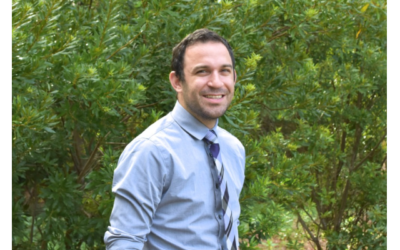
member on that slate; both his sister in New York and his father in Connecticut are on the same list. Both are rabbis.
“It’s important to me because of the issues such as equality at the Kotel [Western Wall] and the ability of progressive rabbis to officiate at weddings in Israel,” he told the AJT. “My line is that I have more religious freedom here in America than in Israel. I can officiate at weddings here.”
Block, who has been with the World Zionist Congress for only three years, said he expects the meeting in October to be “an inspiring balagan,” Hebrew for chaotic.



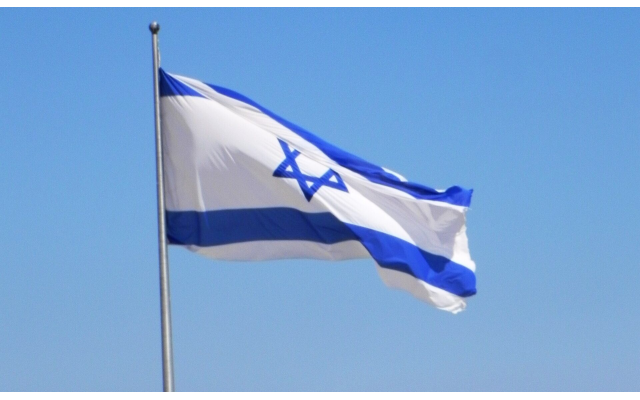
comments